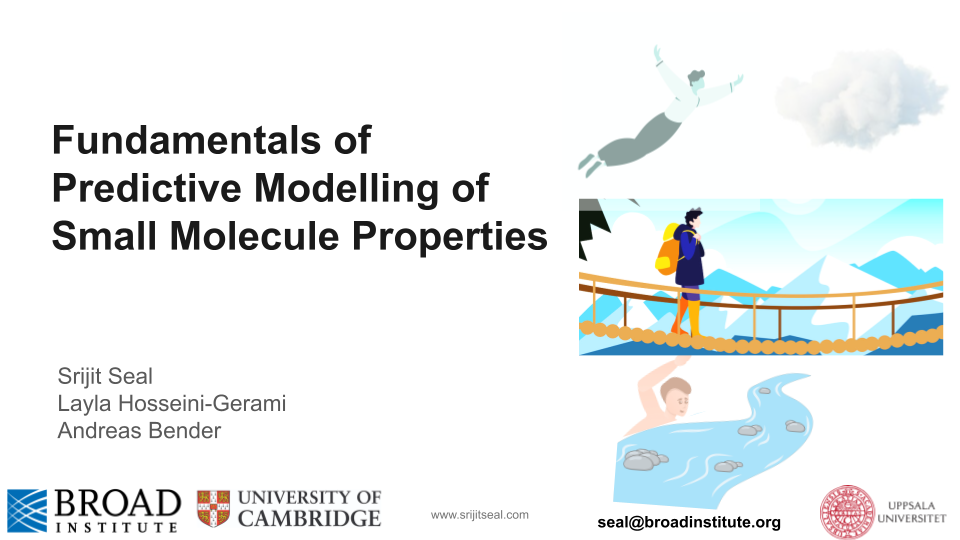Introduction to Cheminformatics and AI in Drug Discovery: Hands-on Modeling of Safety Data
Machine learning (ML) and artificial intelligence (AI) models are becoming increasingly popular in drug discovery. This course aims to explain how to construct and use ML models for a non-expert audience with a background in life science or safety sciences.
Overview
This course focuses on hands-on learning. It begins with a lecture covering the basics of predictive ML models, including data, descriptors, ML algorithms, and model validation. Participants will then move to two practical sessions (target prediction and mitochondrial toxicity classification), where they will learn to prepare input data, train models, and apply them to new datasets. The interactive approach will deepen understanding of the concepts.
Presentation Links

Course Details
The course is designed to be inclusive, making it accessible to everyone, regardless of programming background. No local software installation is required as the models will be trained in Google Colab, which runs through common browser interfaces.
Course Outline
- Fundamentals of Predictive Modeling
- Exercise 1: Regression Approach to Target Prediction
- Exercise 2: Classification Models for Mitochondrial Toxicity
- Exercise 3: I Got Some Pretty Models. What's Next?
Contact
Srijit Seal: seal@broadinstitute.org
Hands-on Course Links
- Background in Programming & ML Models
- hERG Inhibition & Mitochondrial Toxicity Models
- Pharmacokinetic Models
- Applicability Domain & Real-World Usefulness
Future Directions
The goal is to empower participants with hands-on experience and a clear understanding of ML model applications in drug discovery, especially regarding safety assessment. The next steps include broader discussions on the models' real-world use cases and potential pitfalls.
We look forward to welcoming you to this course, which aims to bridge the gap between theory and practice in cheminformatics and AI applications.